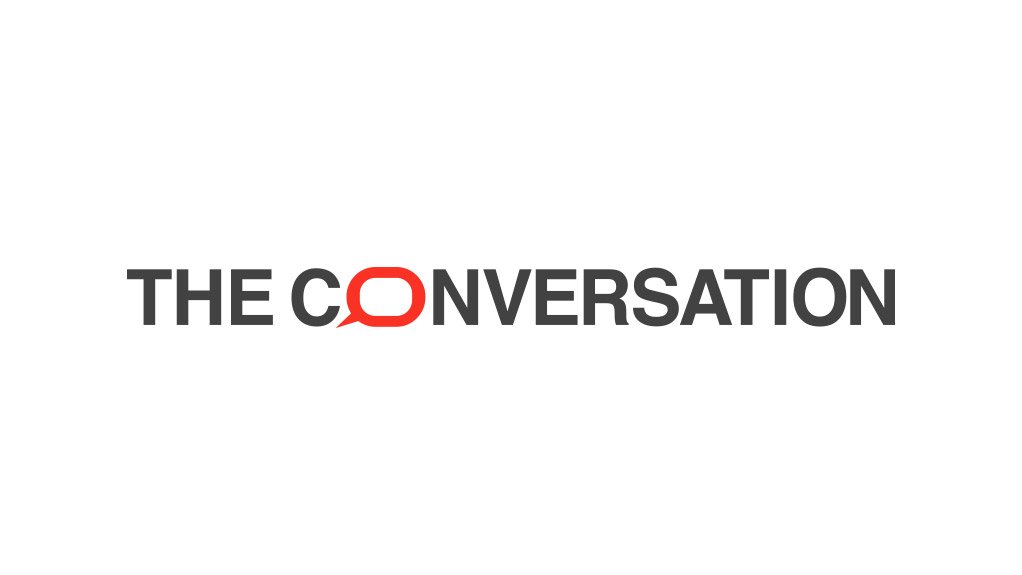Based on decades of evidence, the World Health Organization (WHO) has declared tobacco taxes one of the most effective and cost-effective policy measures available to reduce tobacco use.
As researchers who investigate economic aspects of tobacco-control policies, we conducted a study to understand the potential for tax-led price increases to reduce cigarette smoking among young people (aged 11-17) in 16 sub-Saharan African countries.
In this region the number of smokers is expected to increase because of fast population growth and marketing efforts by the tobacco industry to attract new users.
In our study, we found that a high percentage of young people were smoking cigarettes. The rates were 17.8% in Zimbabwe, well over 10% in the Seychelles, Mauritius, Mauritania and Madagascar, and between 6.5% and 9.5% in Algeria, Cameroon, Gabon and The Gambia.
Most adult smokers start smoking before the age of 20. So it’s best to avoid forming the habit in adolescence.
Africa lags behind
Data from the most recent WHO report on the Global Tobacco Epidemic shows that African countries are currently the weakest performers in tobacco taxation. Excise taxes make up less than 30% of the price of the most popular cigarette packs. That’s the lowest of the six WHO regional country-groupings. In the European region, excise taxes make up about 56% of the price of a pack.
Six of the ten countries with the cheapest cigarettes (priced in international dollars) are in Africa.
Our approach
Using the most recent data from Global Youth Tobacco Surveys in 16 African countries, we analysed the association between cigarette prices and cigarette smoking behaviour.
In general, when the price of cigarettes increases, the overall consumption of cigarettes is expected to decrease for two reasons:
-
the number of smokers decreases as some people quit
-
the number of cigarettes smoked by remaining smokers decreases because it is more expensive to consume the same number of cigarettes once prices have risen.
It’s not always easy to distinguish between these two effects. But the Global Youth Tobacco Survey collects individual-level data on cigarette smoking behaviour among its respondents. This makes it possible to show the impact of price increases on the decision of whether to smoke and, separately, how much to smoke.
We found that tax-led cigarette price increases could be a powerful tool to encourage young people to quit, or to smoke less.
Higher taxes can influence young smokers
Similar to findings from other countries and regions, our research also showed that young people in African countries are responsive to increases in cigarette prices – more so than adults.
Young people’s tobacco consumption tends to be more responsive to price increases than that of adults because they haven’t been smoking as long, and they don’t have as much money to spend.
We estimated that a 10% increase in cigarette prices would reduce young people’s cigarette consumption by between 11.5% and 14.6%.
In our study, we estimated that more than half of the reduction in overall cigarette consumption following a price increase was due to young people quitting altogether. This is good news for public health in those countries that increase tobacco taxes. Studies clearly indicate that a person who smokes will realise much greater health benefits if they quit smoking altogether than if they just cut back.
The parental effect
As found in Portugal, the UK and the US, our own research also showed that a young person was more likely to smoke if they had a parent who smoked. For the average school-aged student in our sample, the probability of being a smoker was higher, by between 6.3 and 6.7 percentage points, if at least one parent also smoked.
About 15% of the students in our sample had at least one parent who smoked. The proportion was highest in Mauritius (31.9%), followed by the Seychelles (31.0%). The country with the lowest proportion of students with at least one parent who smoked was Mozambique (7.4%).
Our results also indicate that parental smoking increases the intensity of young people’s cigarette consumption. Adolescents smoke more cigarettes a day if they have a parent who smokes.
Tax-led price increases not only decrease adolescent smoking directly by reducing their demand for tobacco products, but also indirectly influence young people’s smoking through altering their parents’ smoking behaviour.
Immediate action
Since governments influence the price of tobacco products through taxation, the policy implication of our research for sub-Saharan African countries is clear. Tobacco taxes should be increased without delay, and these increases should be sustained over time.
Written by Sam Filby, Research Officer, Research Unit on the Economics of Excisable Products, University of Cape Town and Corne van Walbeek, Professor of Economics and Director of the Research Unit on the Economics of Excisable Products, University of Cape Town











